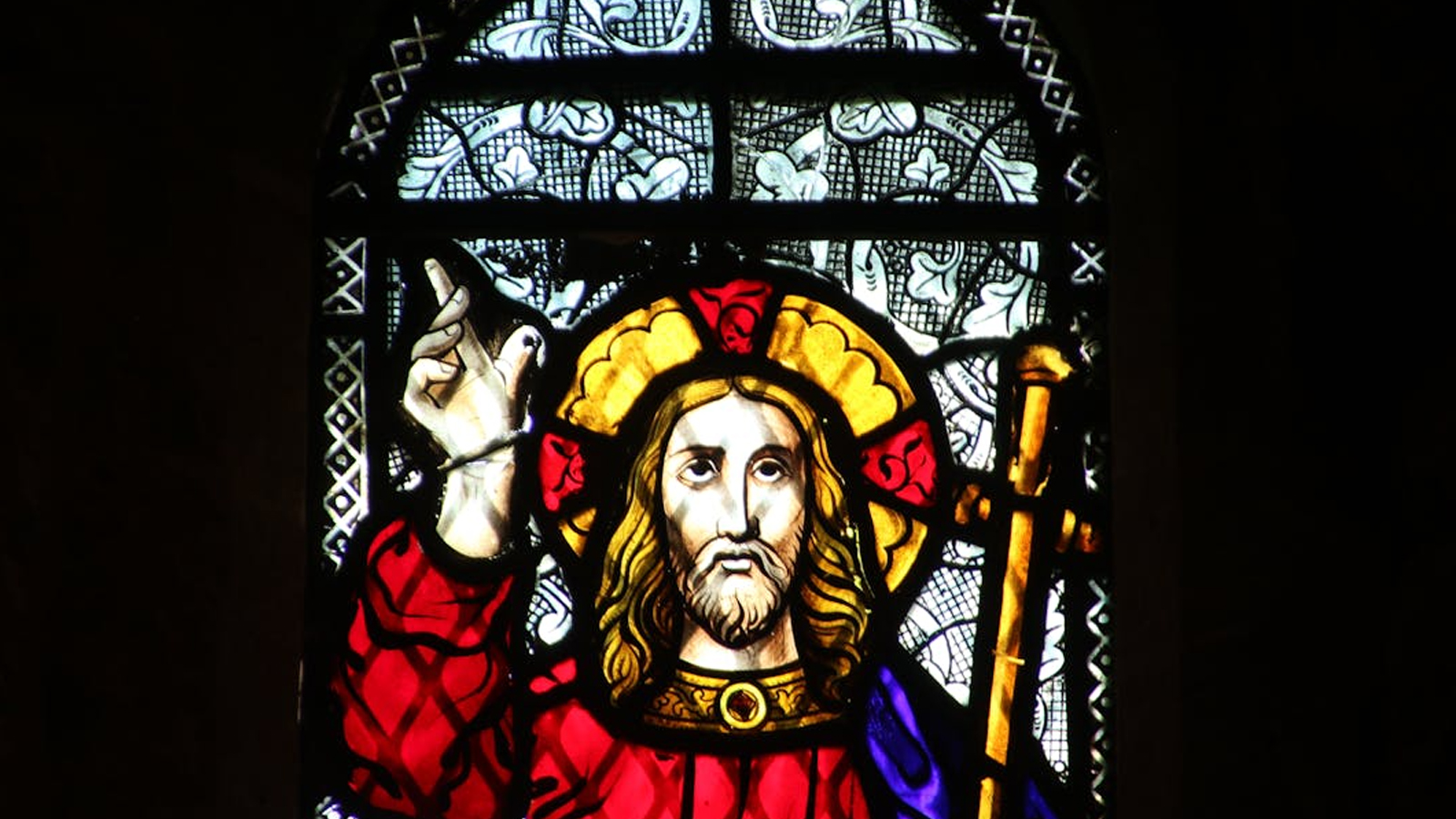
I then began a second investigation; this time examining both the history and theology of the cross. Although the symbol of the cross appears in much pagan history prior to Jesus, the crucifixion cross described in the Gospels was a real, historical method of execution. As an instrument of death, the cross was detested by the Jews, so it became a stumbling block for them when considering Jesus. How could the Messiah be executed on a cross? The Greek and Roman Empire executed thousands of criminals and captives in this manner (Alexander the Great executed two thousand Tyrian captives on crosses after the fall of Tyre). This form of punishment was usually reserved for criminals guilty of such crimes as treason, desertion, robbery, piracy, and assassination. It continued to be used in the Roman Empire until the era of Constantine, when it was eventually abolished as an insult to Christianity.
Even though I became convinced the Gospels accurately described Jesus’ death on the cross, I still had many questions. How could God allow this type of horrific death to occur to His only Son? Why did Jesus have to die on the cross in the first place? What did he do deserving this kind of death? The Bible provides a path to the answers as we trace how the authors used the word and described the cross as an instrument of our Salvation:
The Cross Reconciles (Pays) Our Debt
The Bible acknowledges an important truth: all sin must be punished. God is just, and justice requires wrongs to be punished. We know this is true, even in our temporal experience as humans. When we break human laws, we expect to be punished in some way, and this punishment is proportionate to the authority we’ve offended. When we break our parent’s rules, we received one level of punishment; when we break the laws of the federal government, the punishment is appropriately harsher. God also has a set of Holy laws (called “Commandments”). When we violate these laws we offend the greatest of all authorities. Justice must be satisfied if God is to remain just, and the Bible reminds us of the gravity of our violation: our sin is punishable by death. The cross provides a solution, however, and demonstrates the mercy of God, even as it accomplishes His justice. The cross is the place where Jesus (God) paid the price for us, and in doing so, He offered us a way to be united to God, in spite of our moral imperfection:
Ephesians 2:14-16
For he himself is our peace, who has made the two one and has destroyed the barrier, the dividing wall of hostility, by abolishing in his flesh the law with its commandments and regulations. His purpose was to create in himself one new man out of the two, thus making peace, and in this one body to reconcile both of them to God through the cross, by which he put to death their hostility.
The Cross is Where God Does All the Work
If we could pay our own penalty we would eventually become proud and boastful, and this confidence would ultimately incline us toward independence from (rather than dependency on) God. Maybe that’s why God does all the work here. In the end, His effort to save us is all we can ever boast about, and that’s in our best interest. We typically worship whatever we boast about, and whatever we worship becomes our “god”. Those who believe they can earn their Salvation through their own good works establish themselves as their own savior (their own “god”). This is the supreme form of idolatry, and it completely denies the role God plays in our Salvation. Christianity is the one religious worldview describing salvation as a “free gift”. Unlike every other “works-based” theistic worldview, Christianity describes God alone as the all-powerful author and solitary provider of our Salvation. God’s work on the cross is the central focus of our faith and the only thing in which we can boast:
Galatians 6:12-16
Those who want to make a good impression outwardly are trying to compel you to be circumcised. The only reason they do this is to avoid being persecuted for the cross of Christ. Not even those who are circumcised obey the law, yet they want you to be circumcised that they may boast about your flesh. May I never boast except in the cross of our Lord Jesus Christ, through which the world has been crucified to me, and I to the world. Neither circumcision nor uncircumcision means anything; what counts is a new creation.
The Cross Demonstrates the Power of God to Save Us
The cross is the ultimate demonstration of God’s power. As I learned about Jesus in the New Testament, I became convinced He was precisely who (and what) the Gospel authors claimed. But my “belief that” required an additional step to become “belief in”. The more I learned about me in the New Testament, the more I understood my imperfection and my need for a Savior. To a world convinced of its own excellence and autonomy, this most certainly seems nonsensical, and I also found it confusing (and, in some ways, insulting). When I began to recognize my flaws and see myself accurately, however, my belief that Jesus was God ultimately led to my trust in Him as Savior. The cross isn’t reasonable to those who still deny their need or to those who don’t understand the all-encompassing mercy and justice of God:
1 Corinthians 1:17-19
For Christ did not send me to baptize, but to preach the gospel-not with words of human wisdom, lest the cross of Christ be emptied of its power. For the message of the cross is foolishness to those who are perishing, but to us who are being saved it is the power of God.
Christians ought to recognize the cross is a symbol of God’s supremacy; the cross reconciles our debt and demonstrates the role and power of God to save us. Share on X
Most of my family members are either atheists or Mormons. No one in either group wears a cross. The atheists, failing to appreciate their need for a Savior and seeing themselves as autonomous and worthy, reject God’s offer of Salvation as unnecessary. The Mormons, entrenched in a “works-based” theology in which their own efforts at “goodness” account for their Salvation, reject the solitary, all-encompassing power of the cross. Christians, however, ought to recognize the cross is a symbol of God’s supremacy; the cross reconciles our debt and demonstrates the role and power of God to save us.

J. Warner Wallace is a Dateline featured Cold-Case Detective, Senior Fellow at the Colson Center for Christian Worldview, Adj. Professor of Christian Apologetics at Talbot School of Theology, Biola University, author of Cold-Case Christianity, God’s Crime Scene, and Forensic Faith, and creator of the Case Makers Academy for kids.
Subscribe to J. Warner’s Daily Email





















Pingback: Are There Different Degrees of Punishment in Hell? | Apologetics.com
Pingback: Are There Different Degrees of Punishment in Hell? | Apologetics ForumApologetics Forum